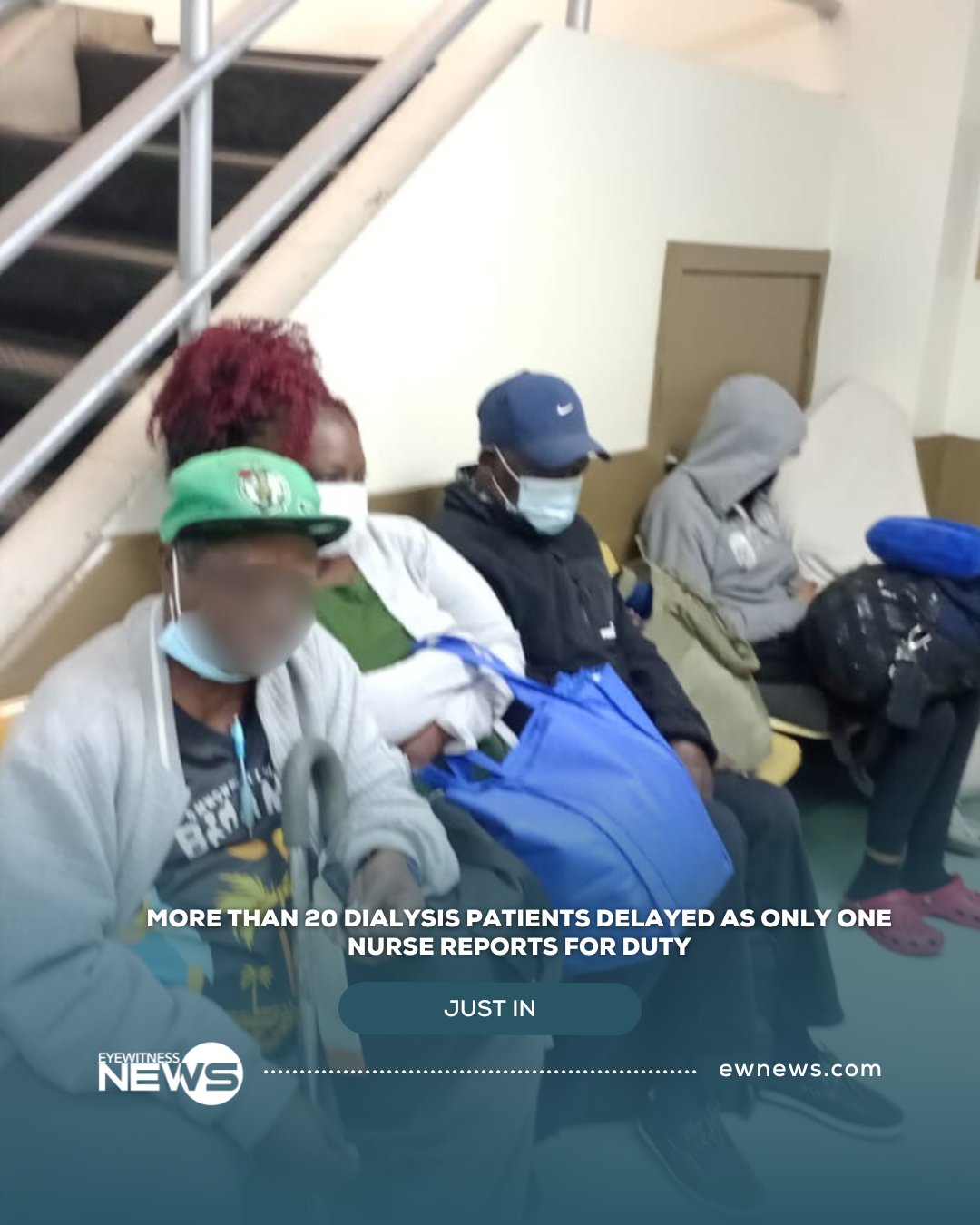DAVOS, Switzerland (AP) — The Latest on the World Economic Forum in Davos, Switzerland (all times GMT +01:00):
12:30 p.m.
Optimism about the global economy is widespread at this year’s World Economic Forum.
But Christine Lagarde, the managing director of the International Monetary Fund, is warning about growing complacency now that the global economy is powering ahead, ten years after the global financial crisis.
She said the IMF thinks complacency is “one of the major risks” to the global outlook. She urged policymakers around the world to not start scrapping many of the regulations that were put in place after the crisis, notably with regard to the banking sector, the primary source of the difficulties a decade ago.
Earlier this week, the IMF upgraded its forecasts and is now expecting global growth of 3.9 percent, which would be the highest in seven years.
___
12:15 p.m.
Philip Hammond, Britain’s Treasury chief, says services — particularly finance — have to be part of any post-Brexit deal with the European Union.
Speaking at the World Economic Forum, Hammond said the only deal that “can ever get done is one that’s fair to both parties and a deal which included goods but did not include services could never be fair. It could never be attractive to the U.K.”
Britain is about to start discussions on its future relationship with the EU after Brexit in March 2019. Hammond said he hopes that a transition deal that will see Britain abiding by EU rules for a while after Brexit will be secured in March and that will provide “clarity” to investors and business.
Hammond warned that a failure to agree on a post-Brexit deal without financial services would be bad for the U.K. and for the EU.
___
11:50 a.m.
Larry Fink, the chairman and CEO of investment firm Blackrock, thinks the dollar’s recent weakness has more to do with the improving economic backdrop in places like Europe than any attempt by the U.S. government to talk its value down.
At a panel at the World Economic Forum, Fink said the dollar’s fall over recent weeks is perfectly normal: “This is a normal course of markets and they adjust to new information.”
He expects the dollar to start to rise again as the U.S. economy continues to grow strongly.
Fink also warned about trade becoming a “violent” issue and that there’s nothing particularly protectionist about the U.S. trying to renegotiate trade deals going back decades.
A Revaluation of 70-year-old deals, he said, is “not anti-trade” and could actually become a “win-win” for all involved.
___
11:35 a.m.
President Donald Trump has arrived in the Swiss Alps to attend the World Economic Forum.
Trump flew to the town of Davos by helicopter from Zurich, where he arrived Thursday morning after flying overnight from Washington.
The president is scheduled Thursday to hold talks with British Prime Minister Theresa May and Israeli Prime Minister Benjamin Netanyahu while the summit takes place. He’s also scheduled to meet with the forum’s founder, attend a reception and eat dinner with European business leaders.
Trump is the first sitting president to attend the annual summit since Bill Clinton in 2000.
___
10:50 a.m.
U.S. Treasury Secretary Steven Mnuchin says the U.S. is ready to negotiate an “attractive” trade deal with Britain once the country has left the European Union.
At the World Economic Forum, Mnuchin said the U.S. is first looking to see a “successful transition that’s good for the U.K., good for the markets.”
The British government is about to begin discussions about the future relationship with the EU after Brexit. First it’s looking to agree on a transition period after Brexit in March 2019 that make the exit less abrupt.
While within the EU, the U.K. cannot negotiate separate trade deals with other countries.
Mnuchin said that once the “U.K. is ready, we are prepared to negotiate an attractive trade deal.”
He added that President Donald Trump has already said Britain will be at the “front of the line” in trade negotiations.
___
10:40 a.m.
President Donald Trump’s homeland security adviser says the United States would prefer that Turkish troops “remove themselves” from a conflict in the Syrian border town of Afrin, and appealed to President Recep Tayyip Erdogan to focus on “longer-term strategic goals” of a peaceable Syria.
Speaking at the World Economic Forum in Davos, Switzerland, before Trump’s imminent arrival, Tom Bossert said Turkey “ought to be mindful of the potential for escalation as they move into Syria and Afrin.”
The United States has previously expressed concerns about Turkish efforts against the Kurdish-led SDF forces that drove Islamic State fighters from much of northeastern Syria with the help of a U.S.-led coalition.
Bossert said Thursday it would be a “terrible outcome” if Turkish troops clashed with “the proxy forces that we have all been relying on to defeat ISIS, especially if there are U.S. advisers in the region.”
He said: “There could be grave consequences to any miscalculation and escalation.”
___
9:10 a.m.
U.S. Treasury Secretary Steven Mnuchin says the U.S is “not concerned” about the value of the dollar in the short-term.
At a press briefing at the World Economic Forum on Thursday, Mnuchin said the short-term value of the dollar is dependent on many factors in what is a very liquid market.
In the longer-term, he said, the U.S. currency’s value will be determined by the underlying strength of the U.S. economy.
On Wednesday, Mnuchin sparked a big dollar sell-off when he said the recent fall in the value of the dollar was “good” for trade. The euro, for example, spiked to a three-year high.
Mnuchin insisted Thursday that his comment on the dollar was “balanced and consistent.”


















